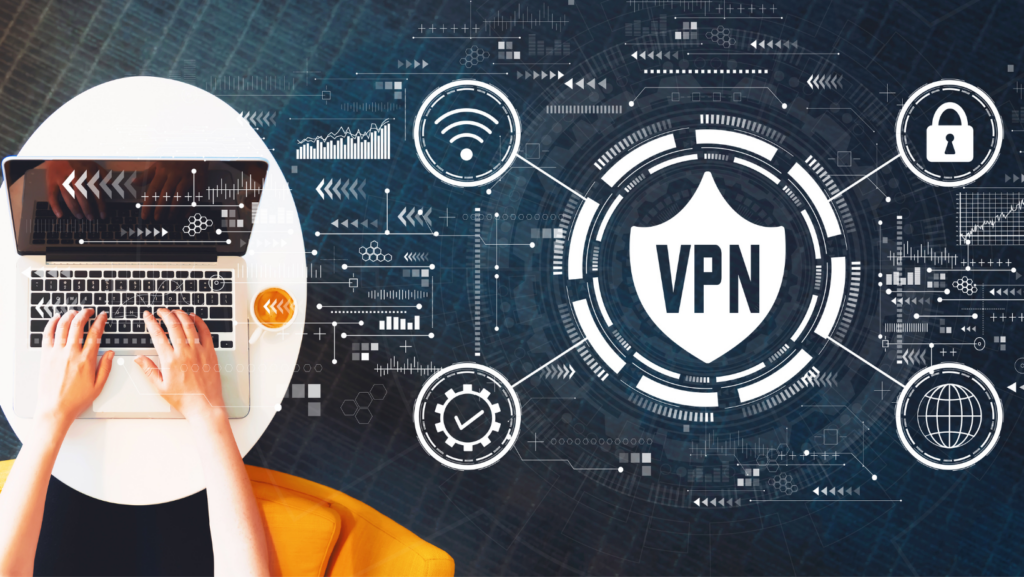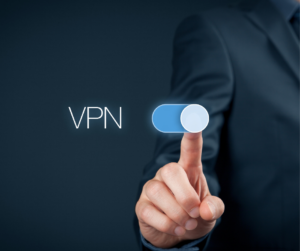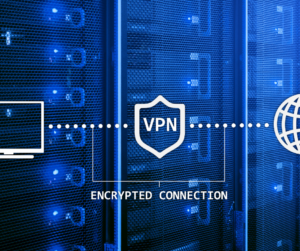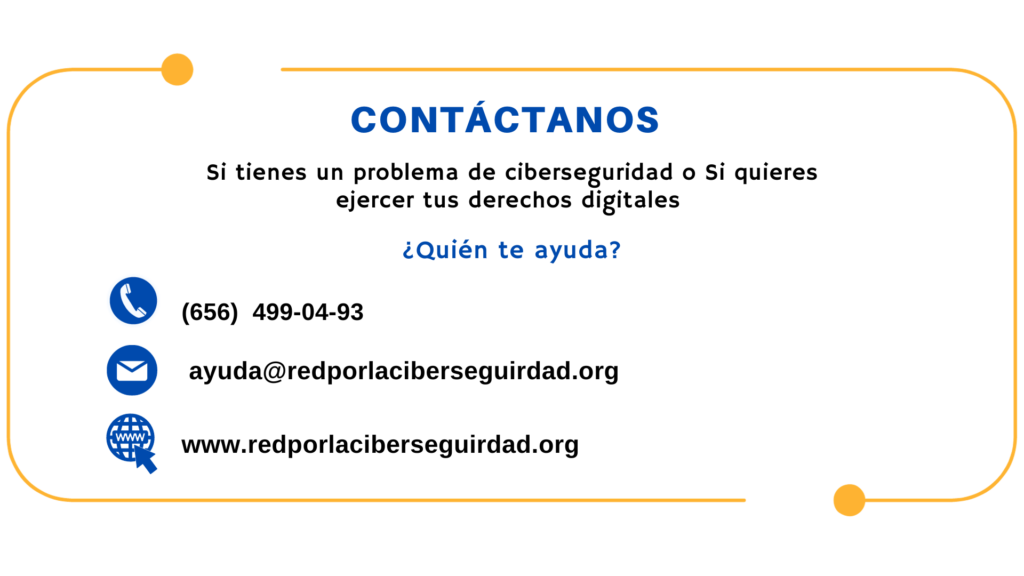15. What are VPNs?

Before starting to use a VPN, which is very useful, we have to know what it is, VPN means "Virtual Private Network" and this is useful when we connect to any network, but especially public networks, since as we know these They are dangerous because anyone with technical knowledge could see all the information and all the data that travels through it.
Therefore, it is important to know that VPNs encrypt in real time the traffic we generate when browsing the Internet. Another of their important characteristics is that they also disguise our identity, which helps us in the event that a third party, such as It could be a cybercriminal who would like to track our activities or steal our data.
Let's keep our fingers crossed that photos from the weekend party never leak!
How does a VPN work?
The way VPNs work is simple, they hide our IP address, because the VPN server becomes the source of our data, which in other words means that our internet service provider and third parties will not be able to see which websites we visit, What data we send or receive online.

It must be remembered that there are no good or bad social networks, since their use depends on the psychological and emotional aspects of the users, due to the way in which others are perceived.
We usually show an improved and perfect version of ourselves in the photos or content that we upload to social networks, this in exchange for receiving likes and/or positive comments, but when we see someone who in our eyes is “better” than us , we generate feelings and complexes of rejection towards ourselves.
Why should we use a VPN connection?
When we hire an internet service (an ISP) it generally configures our connection when we browse the internet, they track us with an IP address, the traffic we generate on the internet is routed to our service provider and they can record and see everything we do while we are online.
We are not saying that our ISP cannot be trustworthy, but it can share our browsing history with advertisers, the police, the government or other third parties, and the fact that they have all our data that we generate on the internet makes them targets for hackers. and cybercriminals, and if an attack against them is successful our personal data may be compromised, which is why it is especially important to have a VPN if we regularly resort to connecting to public networks, although the best recommendation is not to browse them. You never know who could be monitoring our internet traffic and what they could steal from us and that includes passwords, personal data, payment information or even your entire identity.
What can a VPN do?
A VPN can do many things and that is because it changes our IP address. Each computer has a unique IP address when connected to the Internet, which tells other computers where we are in the world. With a VPN, you connect to another computer (a server) before heading to the Internet, telling other computers that you are in a different location than where you actually are. With most VPN services, we can choose this “fake” location and watch Netflix content that is not available in our country.
In the extreme, a VPN helps bypass censorship. Some government agencies around the world use geo-blocking, which is a technique of blocking content by region based on your IP address to block websites and services. VPNs solve the problem by changing your IP address and making it appear that you are connected to the Internet from a different location.
On the other hand, VPNs eliminate liability, so some people use them to download copyrighted content (aka peer-to-peer file sharing) and engage in other illegal online activities.
How does a virtual private network (VPN) work?
A VPN connection establishes a secure connection between you and the Internet, through the VPN all your data traffic is routed through an encrypted virtual tunnel. This disguises your IP address when you use the Internet, making your location invisible to everyone. A VPN connection is also secure against external attacks. This is because only you can access the data in the encrypted tunnel, and no one else can because you don't have the key.

bibliographic references
CISCO. (26 de Abril de 2022). Security. Obtenido de https://www.cisco.com/c/en/us/products/security/vpn-endpoint-security-clients/what-is-vpn.html
Kaspersky. (26 de Abril de 2022). Resource Center. Obtenido de https://www.kaspersky.com/resource-center/definitions/what-is-a-vpn
Roach, J., & Hardy, A. (26 de Abril de 2022). FORBES Advisor. Obtenido de Software: https://www.forbes.com/advisor/business/software/what-is-a-vpn-and-how-does-it-work/

